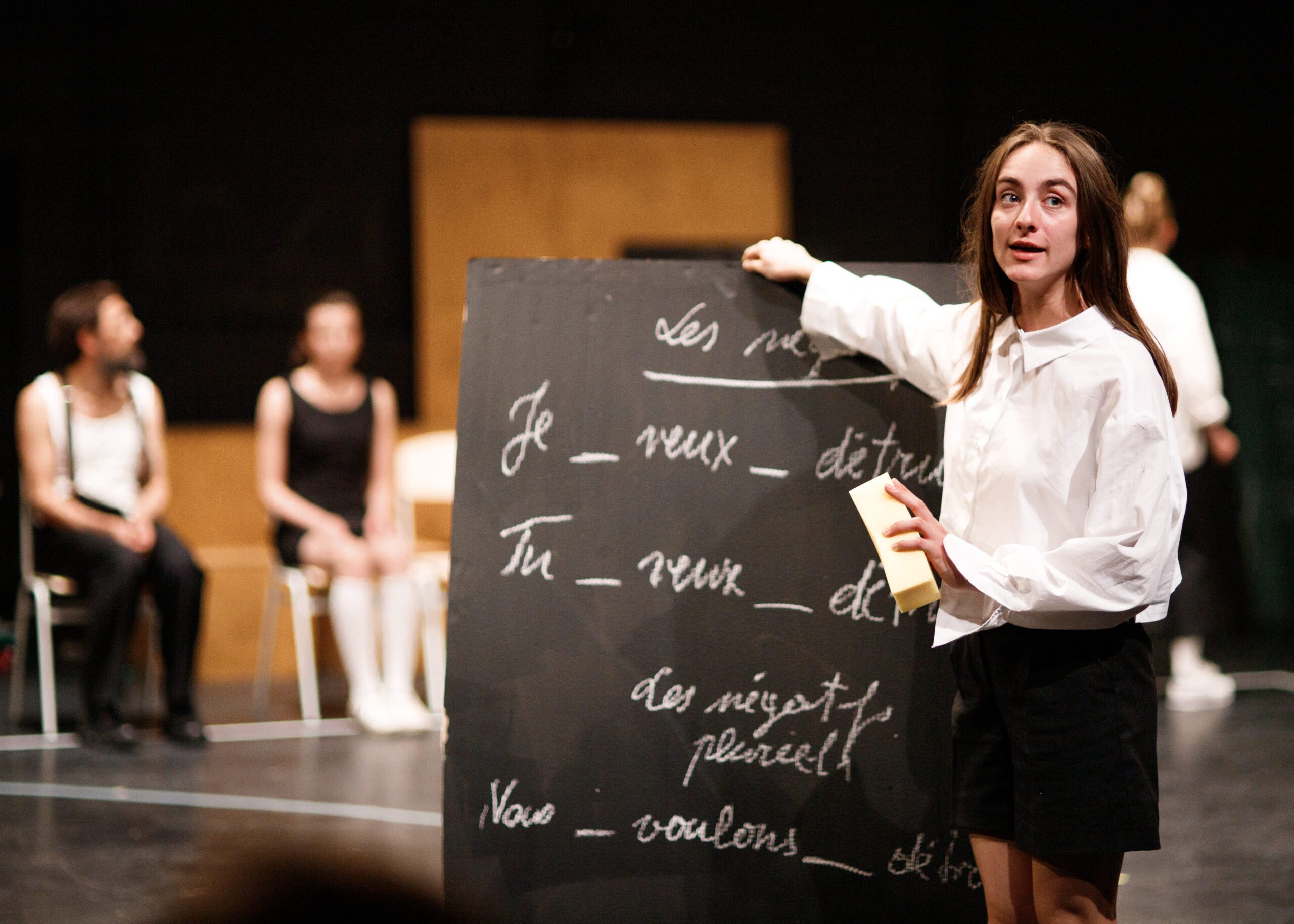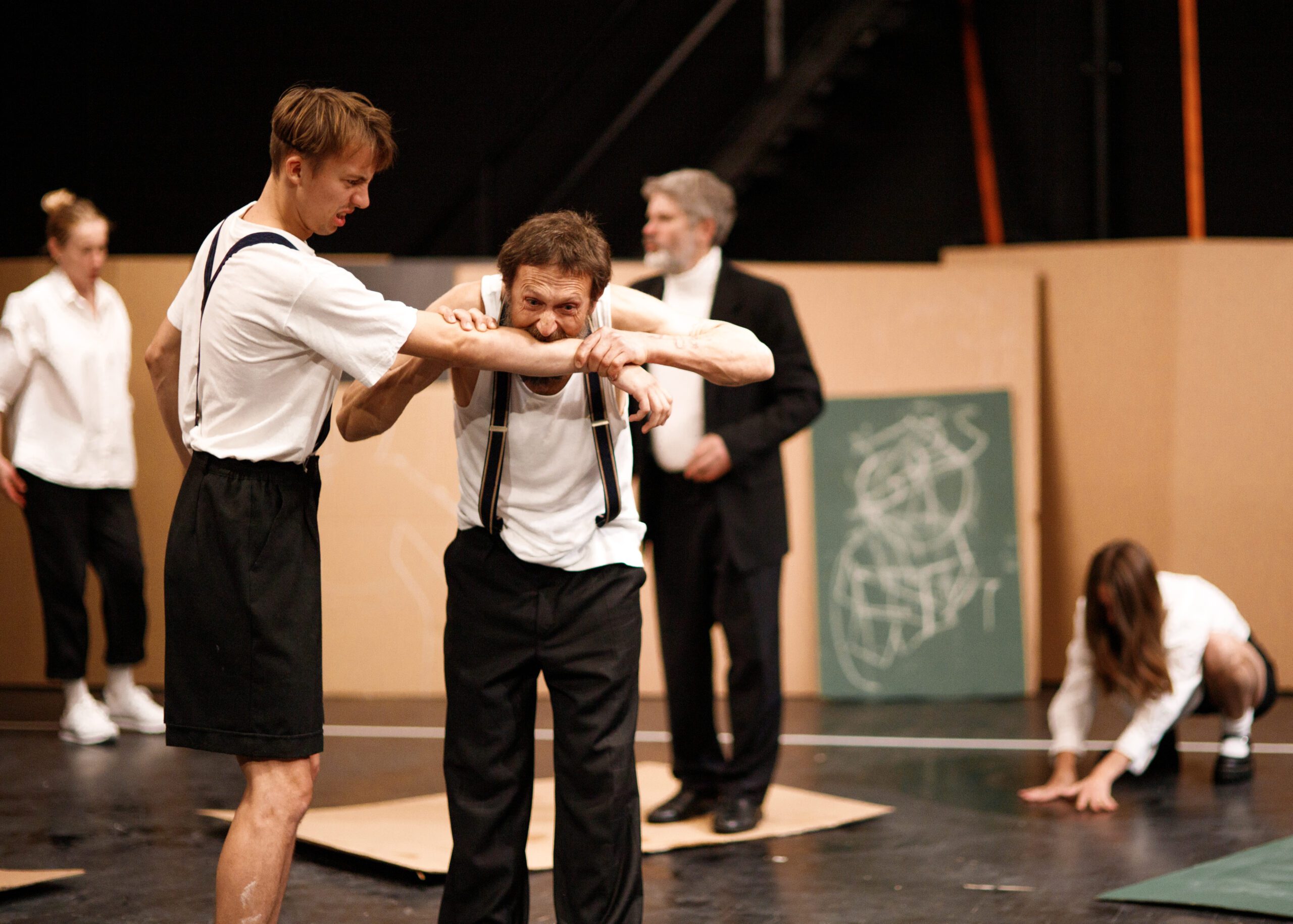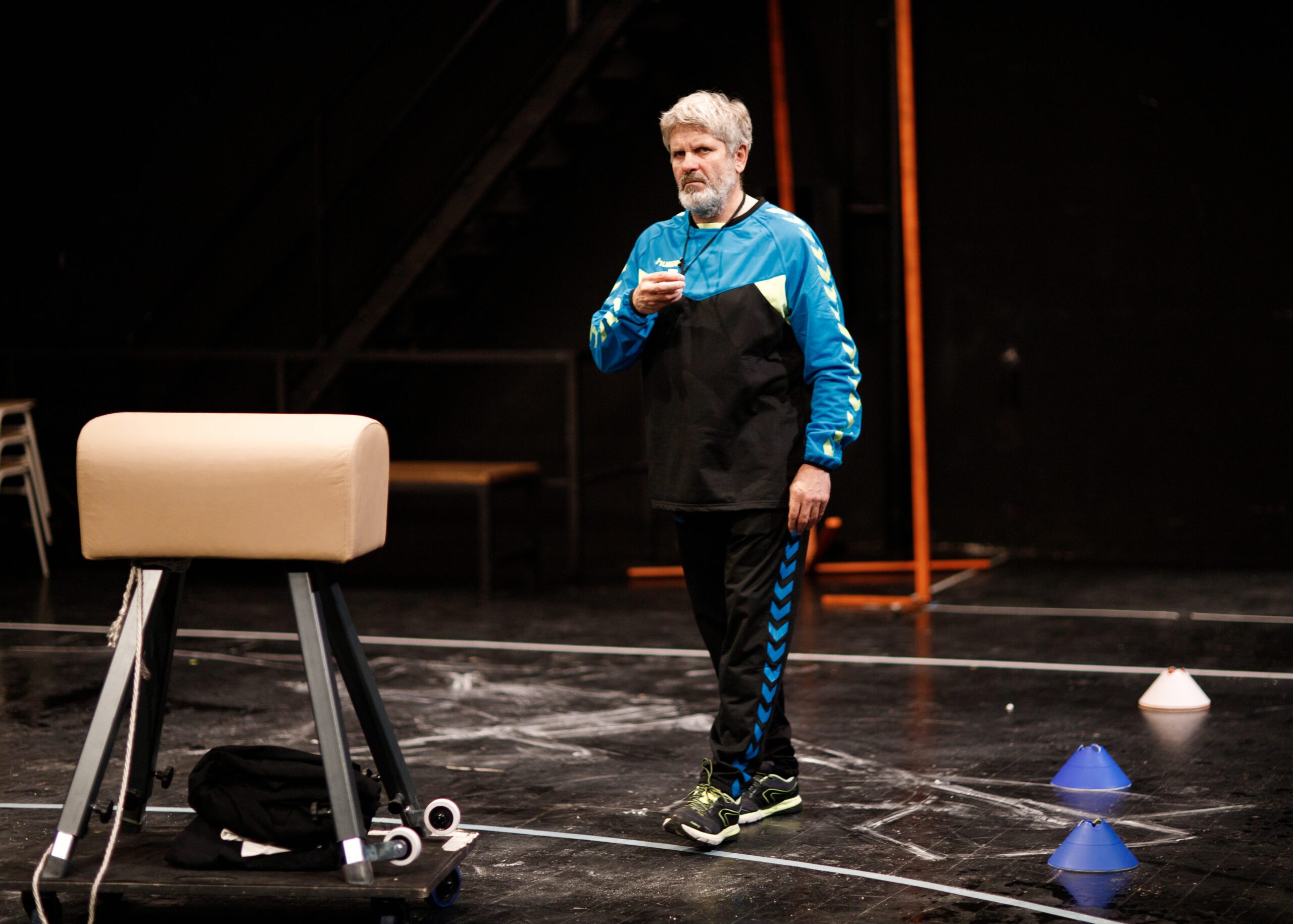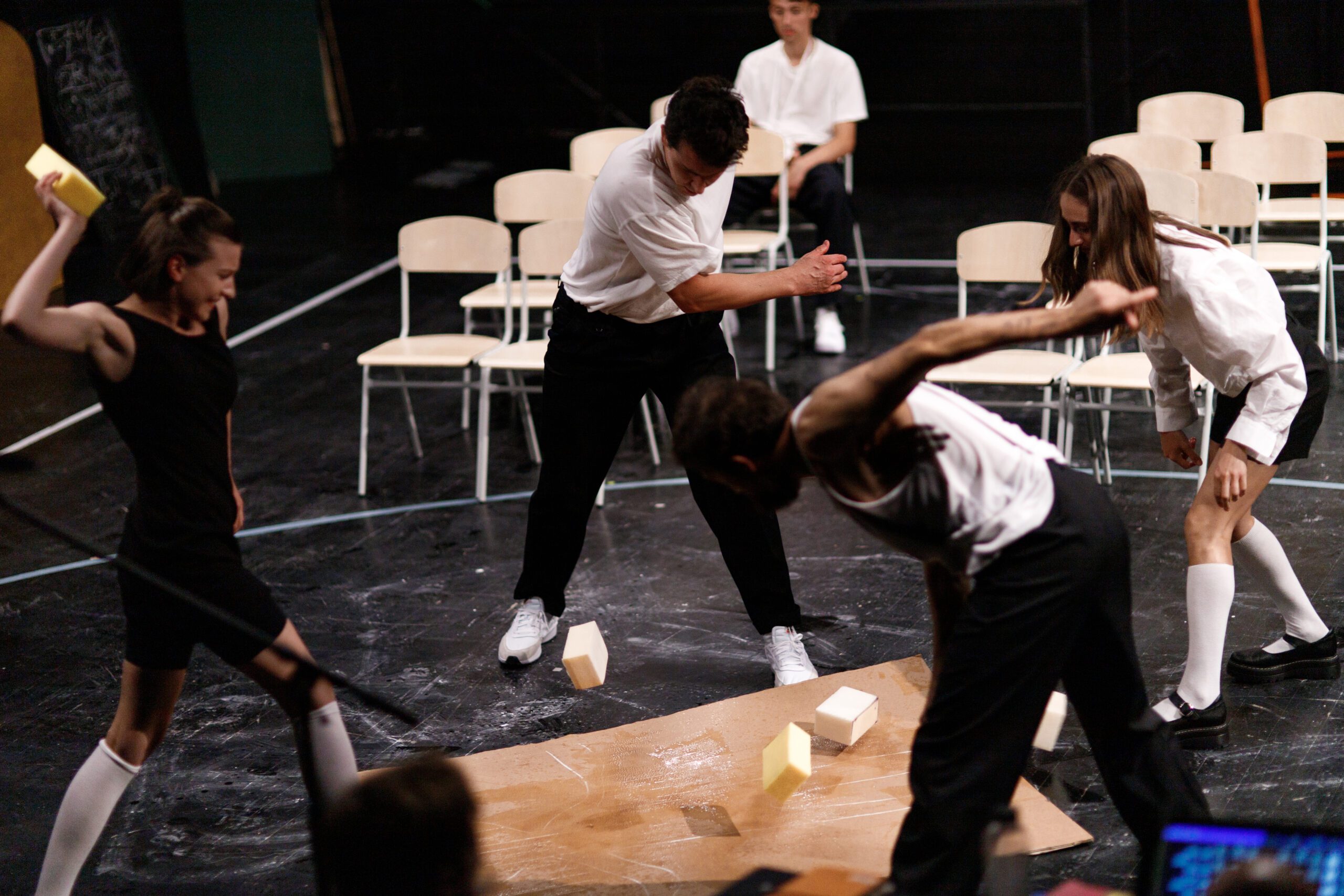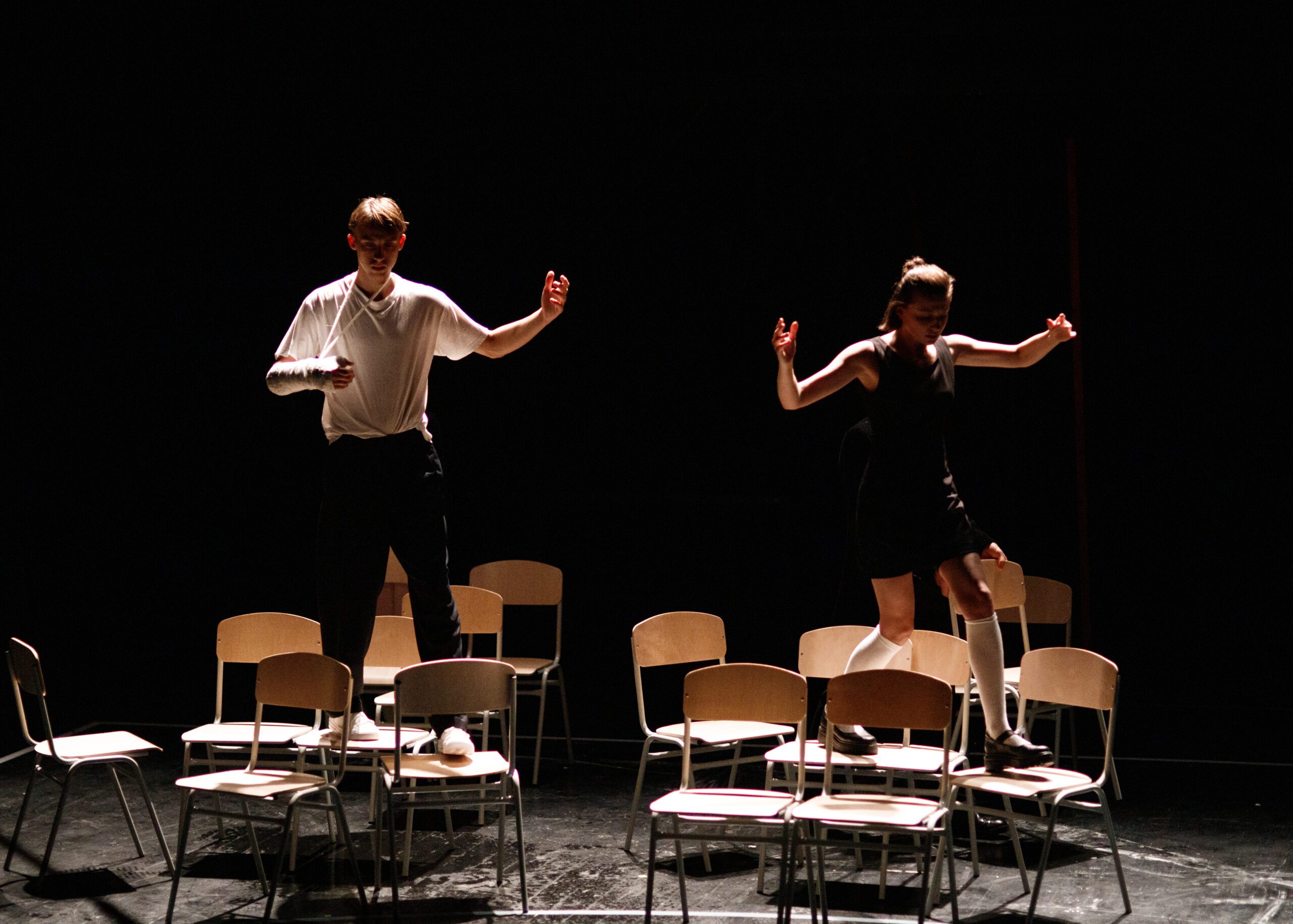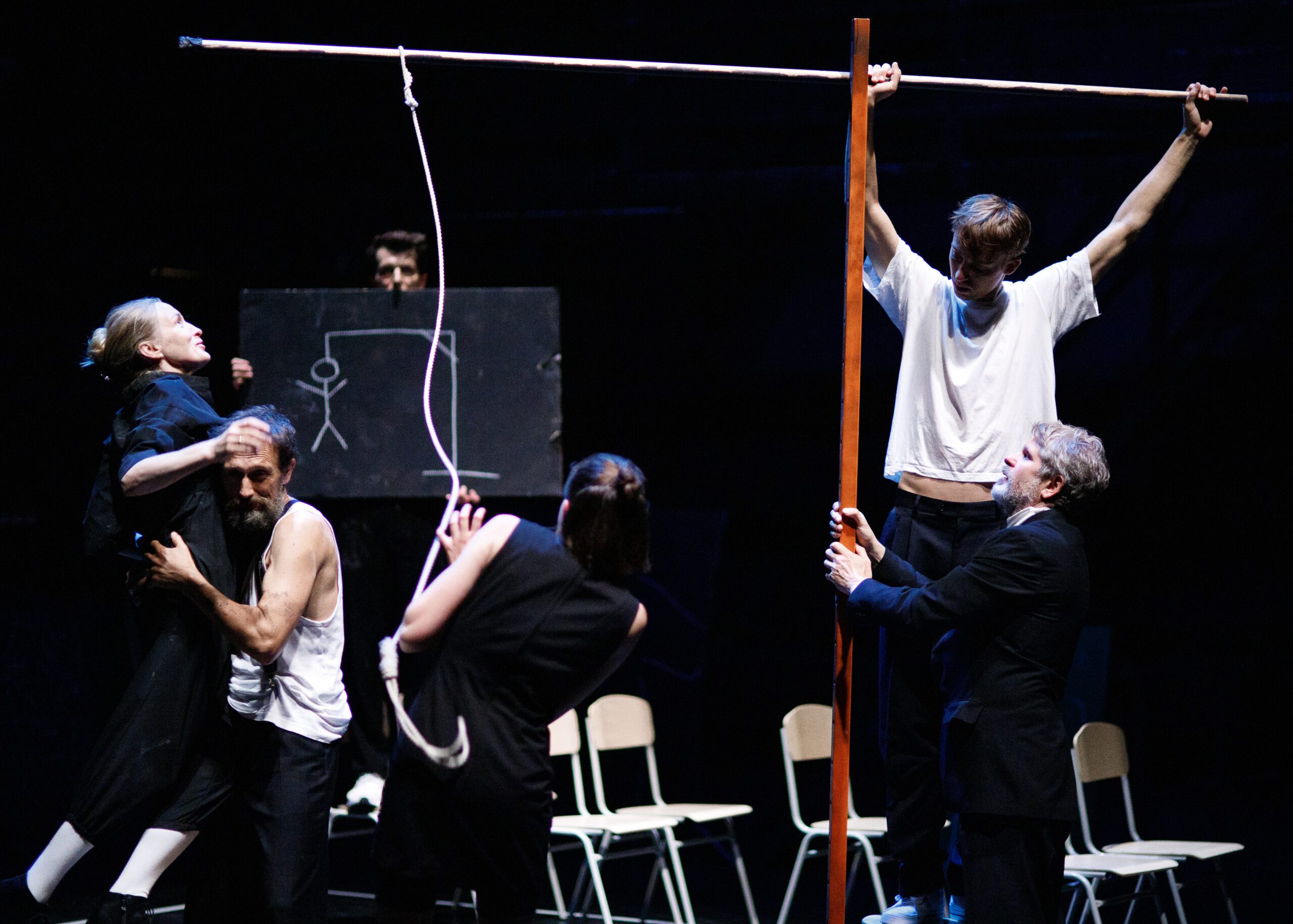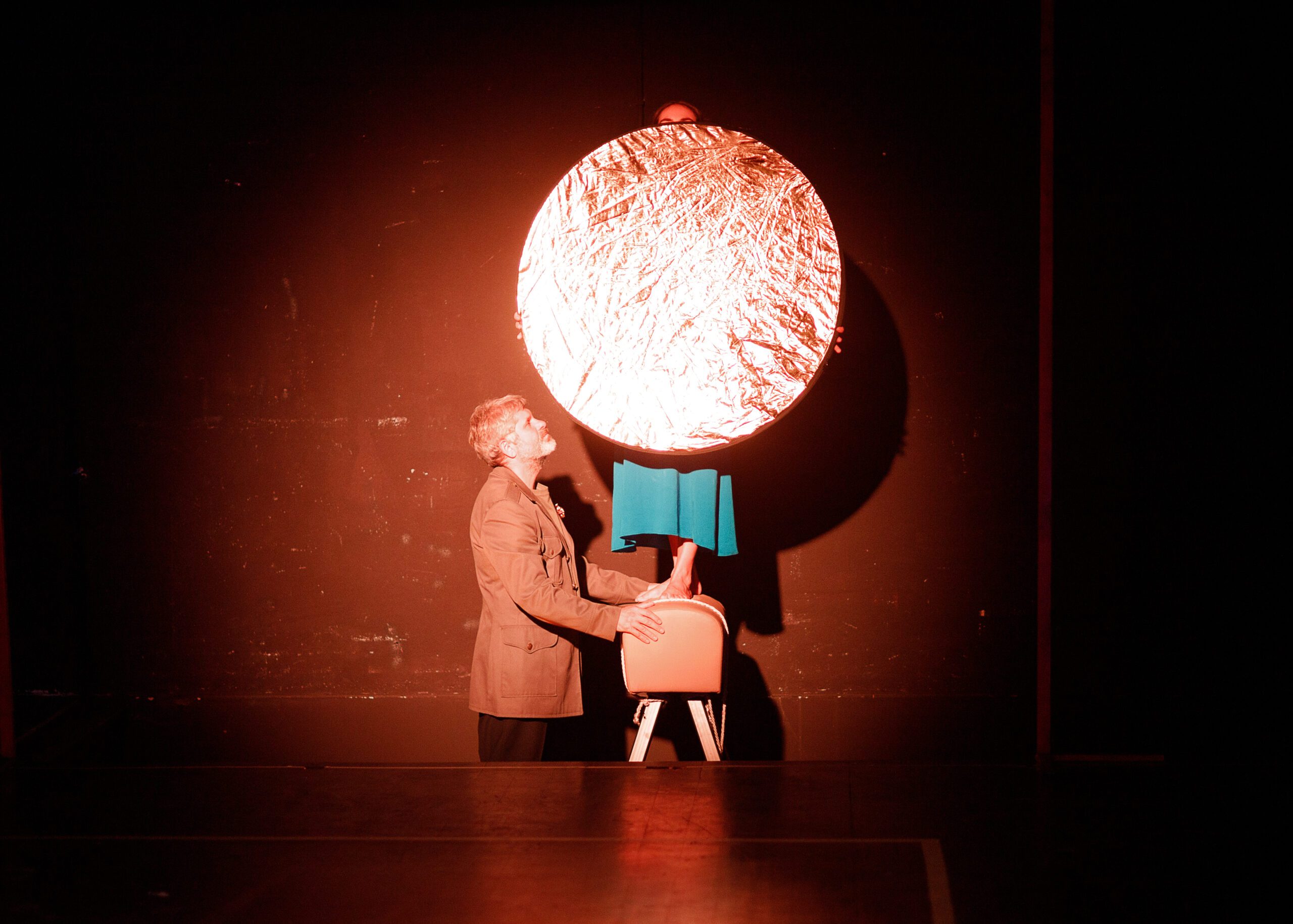1. Opaque watercolor paints. It dries very quickly, which makes it suitable for quick painting, “en plein air”, and various sketches.
The germ of an idea is often more interesting to me than the developed result.
A hint of feeling is more effective than a fully expressed emotion.
Matisse once said: “drawing is an expressive gesture that lasts forever”.
An actor’s gesture is a drawing that lasts for a moment.
I want to make a performance out of these drawings,
giving complete freedom to the imagination,
without reference to any literature.
Apply a layer of paint directly onto the canvas,
without first drawing all the contours in pencil.
2. Paint used in schools.
In school, for the first time a person gets acquainted with a defined social environment, with official and unwritten power structures. Once caught up in these rules, he must find his role, through the immature and often embarrassing path of acting. He does not yet know that these masks and mannerisms with the help of which he creates his role are not as temporary as they may seem. They leave a deep and bright imprint on their inner side, and when you try to take them off, you are surprised to see the same image under the mask. In other words, school is a long and difficult way for a person to become himself – through imitation, through adaptation, through acting. I’m interested in those masks, mannerisms, like a costume of a character, which new children wear over and over again, in the same place, and then leave behind for the next generations.
In an abandoned school, which has not been visited by students for a long time, the bell rings and exactly those costumes, gestures, and masks begin to function autonomously. What rituals do they perform? What stories do they tell? It is like an old school diary, written by neither children nor adults, where the past mixes with imagination, where the destinies of whole classes and unfulfilled dreams are marked. The actors’ logic of acting is not conventional, they do not play separate, strictly defined characters. The actions they perform do not belong to them, they are only an echo, a repetition of the gestures and mannerisms of the past. The general picture, in which instead of ideas we see parodies and imitations of ideas, is a phantasmagorical and immature microcosm of the world.
Adomas Juška, director
